With enough riding, your bike can slowly feel like it’s an extended part of you. Every scratch and scuff carries a memory (mostly painful), while every other imperfection is proof of its use.
However, over time your bike may start to feel like an old dog, and may sound like one, too. Things may not function like you remember and you’ll likely start lusting after something new and shiny.
That's not necessarily the only answer, though, so here are some handy ways to bring new life into that well-loved ride, and keep those family relationships intact.
1. Replace your tyres
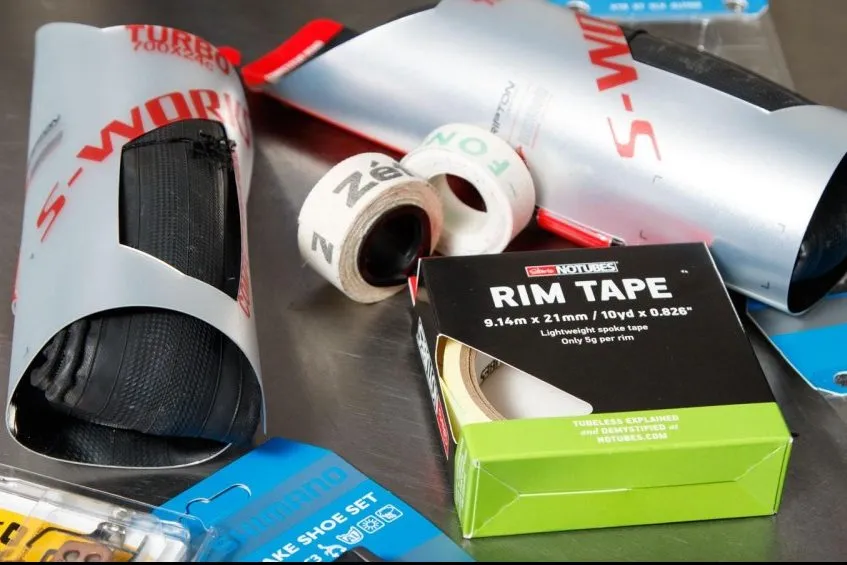
When did you last replace the tyres on your bike? If they’re on a road bike, are they starting to get a flat centre and show small cuts throughout? If it’s a mountain bike, are the side knobs still intact or are they showing tearing at the edges?
Beyond the obvious wear signs, the rubber in your tyres will get harder over time. Nothing brings quite as much life back into a new bike as a fresh set, especially if you’re upgrading to something better, too.
For road cyclists, do your frame and fork offer enough room to go fatter? Why not experience the smoother and more controlled ride of wider tyres?
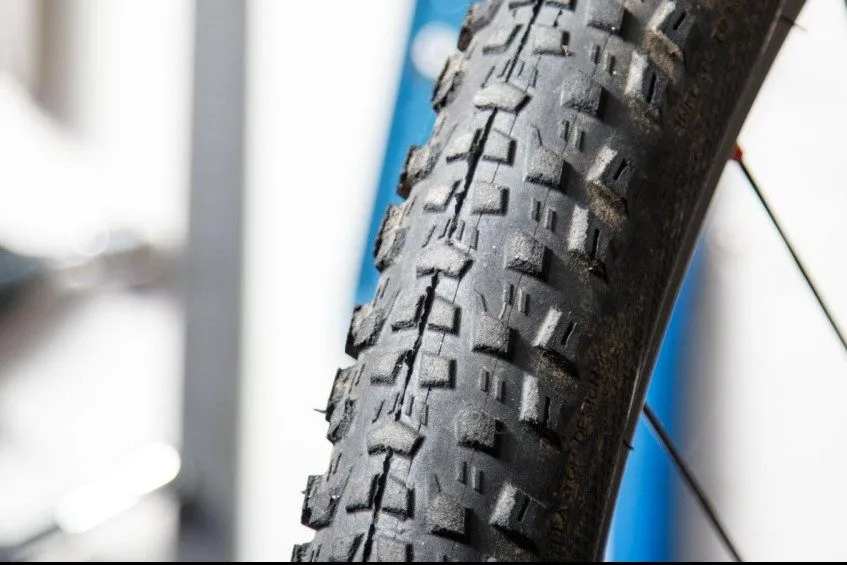
Ditto for you mountain bikers, with clear trends showing wider is better. A 2.25in width tyre no longer looks strange on a cross-country bike, and your trail bike may enjoy going wider still.
While replacing your tyres, check your tubes if you're running them, and your rim strips. These won’t make much difference to the feel of your bike, but hey, you’ll love that old bike more if you’re not stopping to fix a flat.
With the tyres sorted, check the other rubber part on the bike (if you have rim brakes) – the brake blocks. Uneven wear or glazing is sure to be causing lost braking efficiency and possibly even harming your rims.
While the pads aren’t rubber for disc brake users, be sure to keep a close check on pad life and uneven wear here, too. Any severe squealing or lack of bite is a sign that they’re contaminated and you should look at getting that stopping ability back.
2. Replace your contact points
It’s commonly said that fresh bar tape or grips bring about immediate youth to a bike. While this is certainly true, it’s important to not ignore your other touch points too.
Saddles do wear and over time the foam and shell will lose the firmness, shape and support they once offered. If your saddle is collapsing in the middle, or there are significant creases in the cover where the foam once was, then it’s likely time to get yourself a new perch.
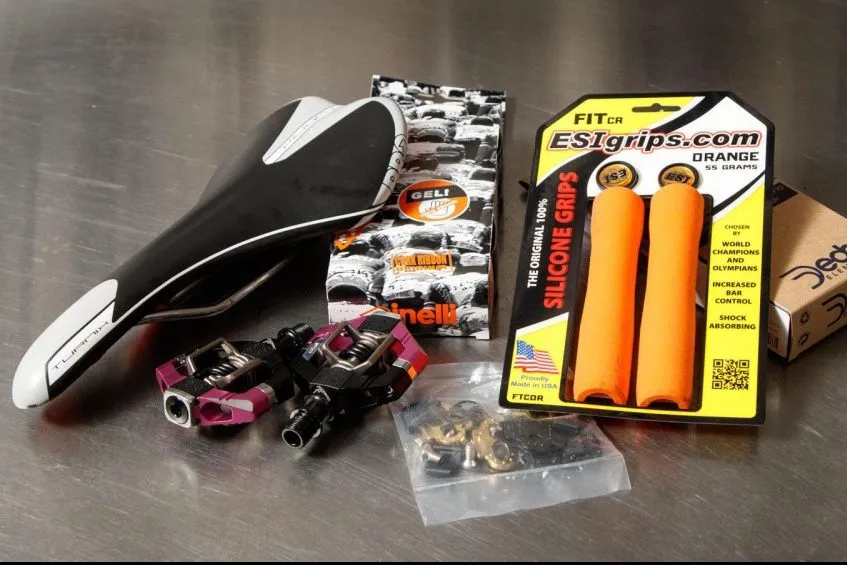
If you were always comfortable with your past saddle, then look for the closest replacement. If not, consider visiting your local bike stores and asking to trial a selection.
It’s a similar story for the pedals. These things spin more than that overly enthusiastic guy holding a sign on your street corner.
Clip-in type pedals have multiple moving parts that won’t last forever. The surface of the pedal is something to consider, too. While most have become far more durable in recent years, some older pedals, such as original Look Keos, are likely to have worn bodies by now and will let your feet rock in a way they shouldn’t.
Depending on your pedal system, consider giving them a quick service. For Shimano users, this is a straightforward task with relatively simple tools. Shimano pedals showing bearing play (do they wiggle on the axle?) can also be tightened once open, too.
Other pedals may not be so easy, but certainly check for brand instructions.
Then there are your cleats. When did you last replace them? Have you forgotten what the wear indicators even look like?
If replacing, a handy tip is to draw around the outside of your old cleats with a marker pen. This will let you install your new cleats into the exact position of the old ones.
3. Replace your cables
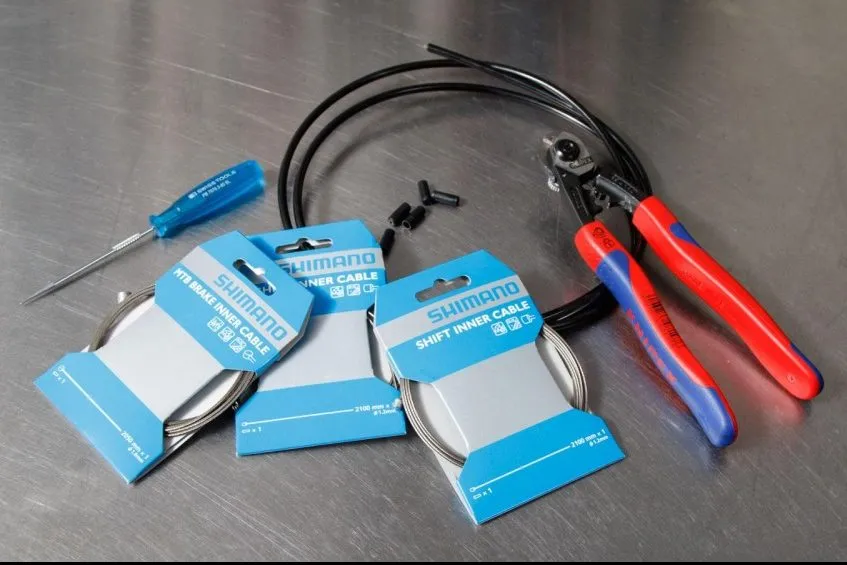
Consider a worn, dirty or rusted cable like a clogged artery – it’s bad news for your bike. Replacing your cables and housing isn’t expensive and will bring a whole new smoothness to your brakes and shifting.
If your shifting is sluggish and inconsistent no matter how you adjust it, then it’s likely the cables are at fault.
While it’s possible to buy fancy (expensive) sealed cable systems and low friction coated cables, my preference is to use common stainless steel cables and standard housings, and just replace them more often. For Shimano users, this means something like a SP41 housing and ‘SUS’ inner cables.
“But Dave, I have electronic shifting,” you say? Hey, good for you. You’ve just stumbled upon one of the biggest benefits to such a system. Now, go charge your battery.
Brakes are a similar story to mechanical shifting systems, but are typically less susceptible to showing issues from cable contamination. I probably replace my brake cables with every third set of gear cables.
For those with hydraulic brakes, consider a bleed. Brakes using DOT fluid will greatly benefit from some fresh fluid and you’ll be amazed at how nice it is to have that lever ‘snap’ back.
4. Replace your worn chain
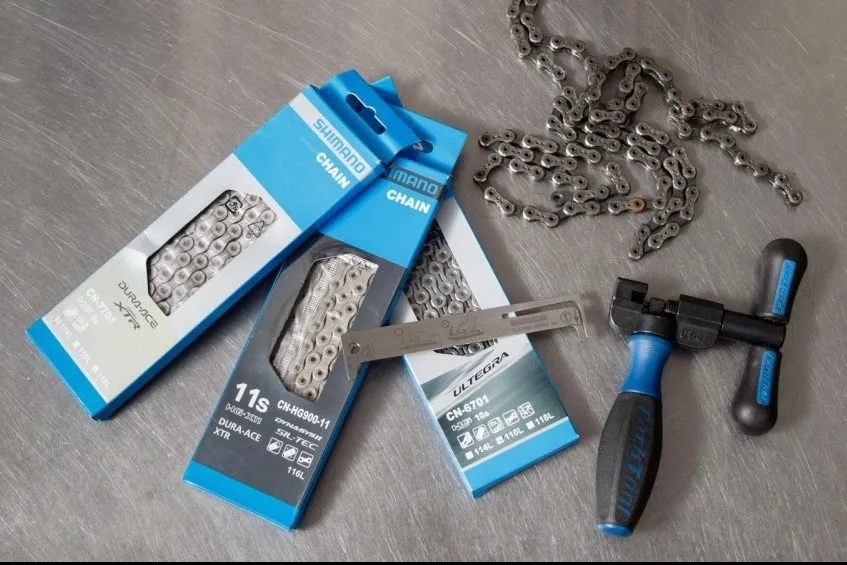
I've covered this in depth, but a wearing chain is likely to feel sloppy and slow. More likely, though, that a wearing chain is met with an equally neglected drivetrain covered in muck.
Use a new chain as an excuse to give that whole drivetrain a going over (unless it’s too far worn, again, see the chain wear article). I’ll never put a new chain onto a dirty drivetrain – you shouldn’t abuse your mechanical privileges like that.
Let’s say you have worn that chain and it’s now longer than ever. It’s a perfect time to assess how your gearing ratios are working for you. Perhaps that 11-28t cassette is slowing you down and an 11-30t is needed, I mean hey, none of us are getting any younger.
Or perhaps you’ve never replaced your chainrings and they look more like a ninja throwing star than a cycling component. Are the ratios suitable or have you always just used them because that’s what the bike came with? Always use your hard work of wearing things out as an excuse to upgrade and customise.
5. Replace worn bearings
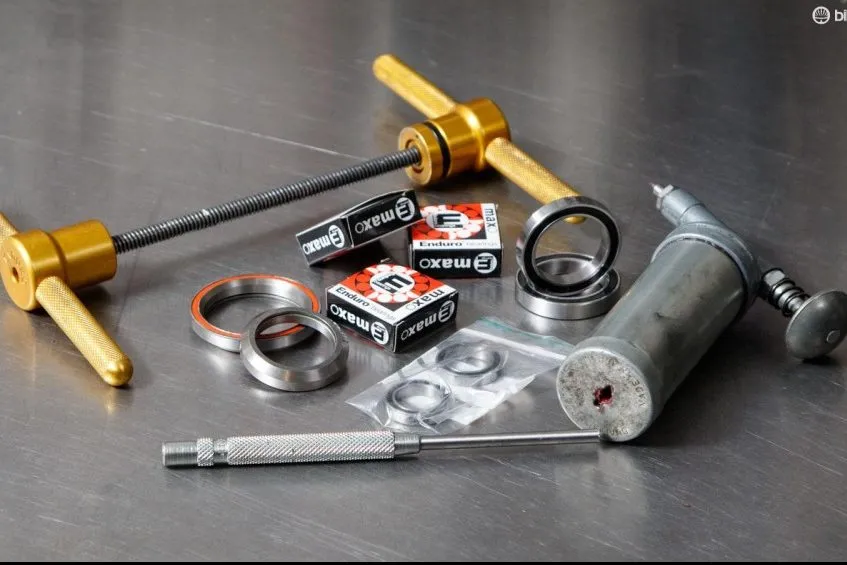
Don’t always fear the things you can’t see. Bikes hide bearings in the hubs, bottom bracket, headset and, on some mountain bikes, the suspension pivots.
The good news is that many modern bikes use ‘sealed bearings’, also known as ‘cartridge bearings’. When these feel rough or form play, the best solution is to replace them. Unfortunately, depending on how they’re installed, you may need some specialist tools.
For hubs, I personally seek out ABEC 5 steel bearings from the likes of Enduro. If you're swapping out worn bearings, you’ll be amazed at the difference a high-quality bearing can make to the feel of your bike.
Headsets are typically easier and a few hex keys are all that’s needed to get to the bearings. If you regularly ride in hot conditions, then you likely spend much of your time dripping corrosive sweat straight onto the headset bearings.
Knowing this, preventative maintenance is super easy and undoing the stem, dropping the fork out and squirting in some fresh grease every few months will keep your bike tracking the way it should.
Then there’s the bottom bracket. Personally, I check this out anytime I have the crank off the bike (typically when it’s new chain time and I’m cleaning things). Roughness is a sign of wear, but also be sure to check for play or any creaking. If it’s a press-fit system and not giving you any of the above issues, then just leave it alone.
If it’s a threaded unit, then my preference is to remove it, give it a clean and a new coat of anti-seize before re-installing.
6. Service your suspension
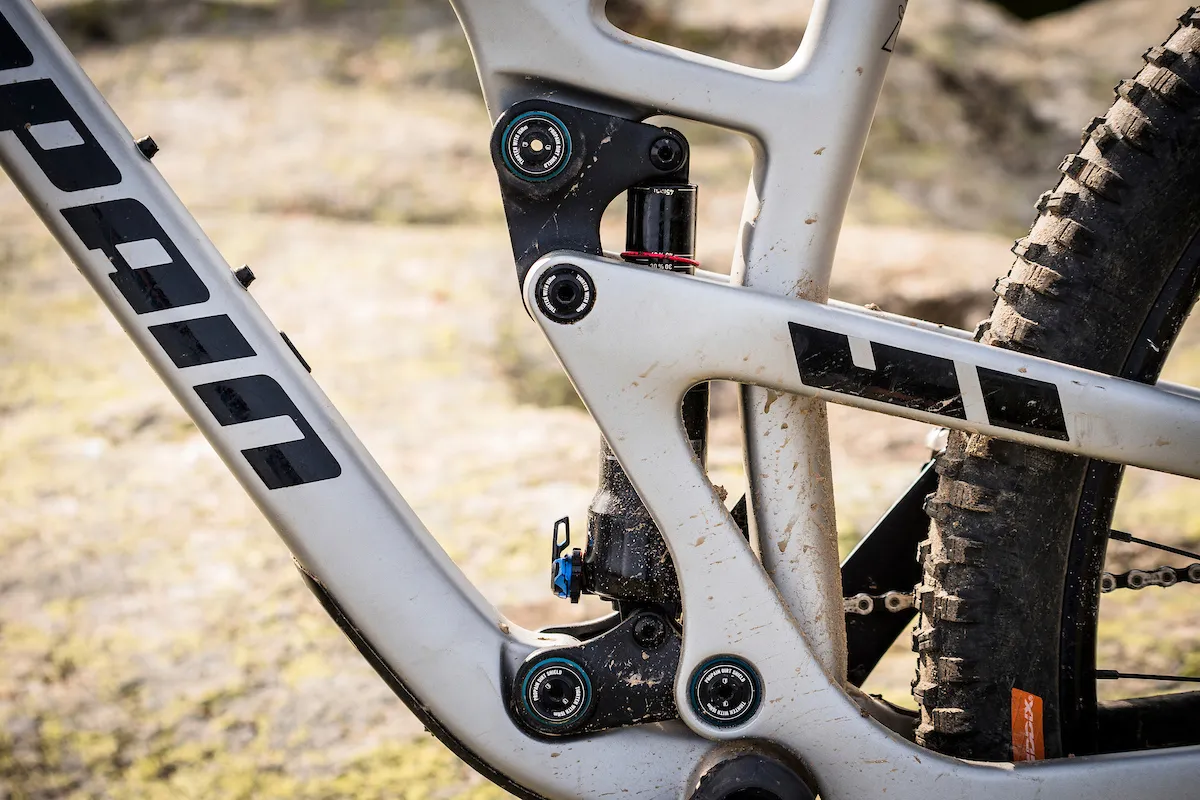
If you're a mountain biker, here's a sixth tip for free. When was the last time you had your suspension serviced? Can't remember?
The oil within degrades with time and use, which greatly affects the sought functionality of the product. Additionally, ignoring these service internals could lead to significant component wear, which means big bucks to fix, compared with many other parts on the bike.
Suspension manufacturers will always be conservative with their suggested service intervals, with Fox recommending an overhaul at every 125 hours of use, and RockShox suggesting you do a similar service every 100 hours.
And don't forget, keeping the wiper seals clean between rides will keep your suspension much happier between services.
All of the above are each, in their own right, proven ways to bring some happiness back to your ride. You can do each one as you please and feel a renewed ride, or you can go all out and give it a complete overhaul in time for the change of season. After all, it’s your bike.